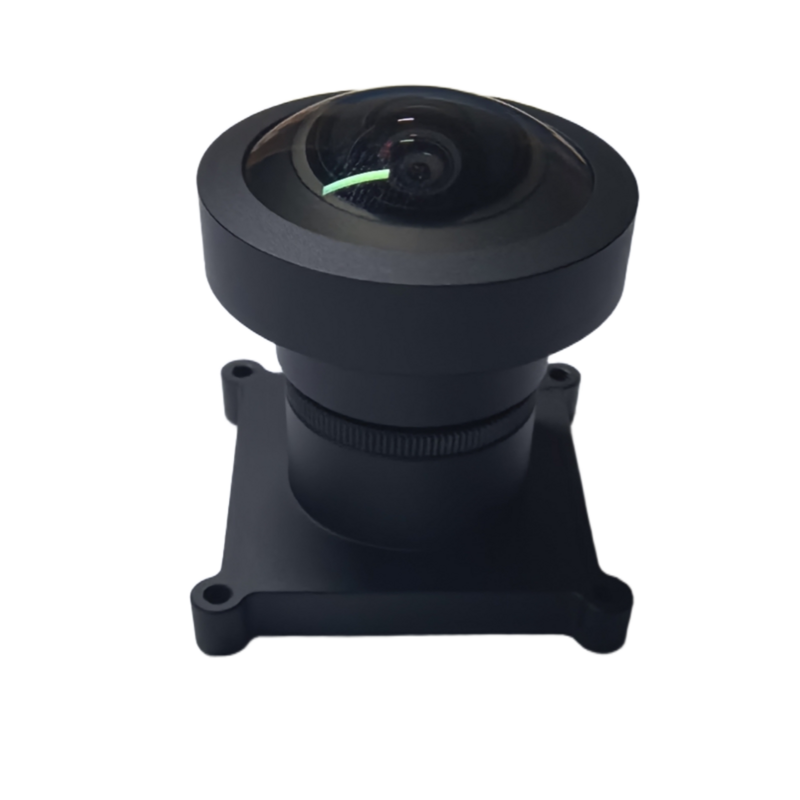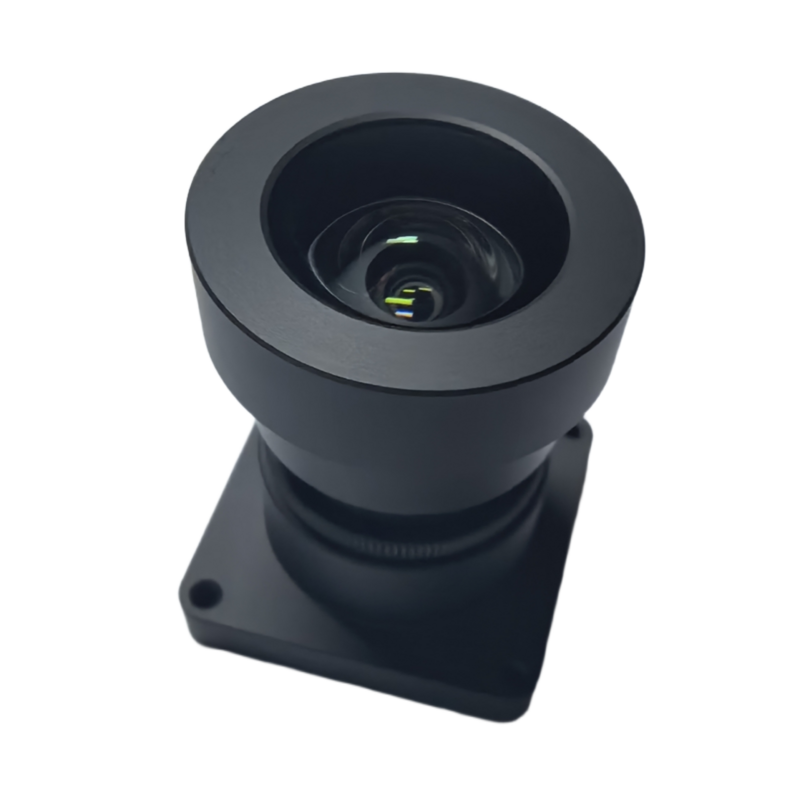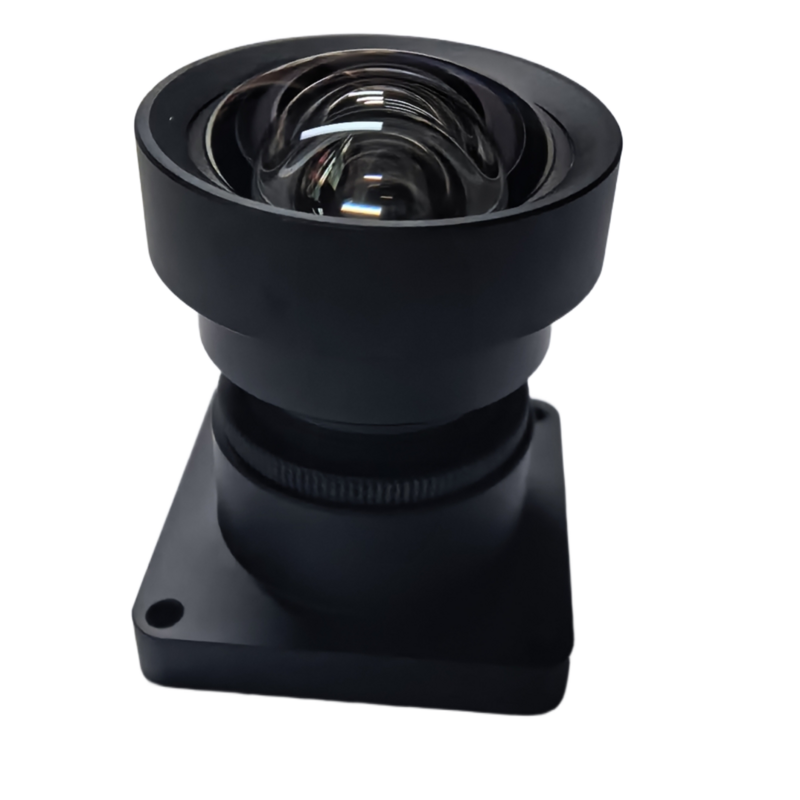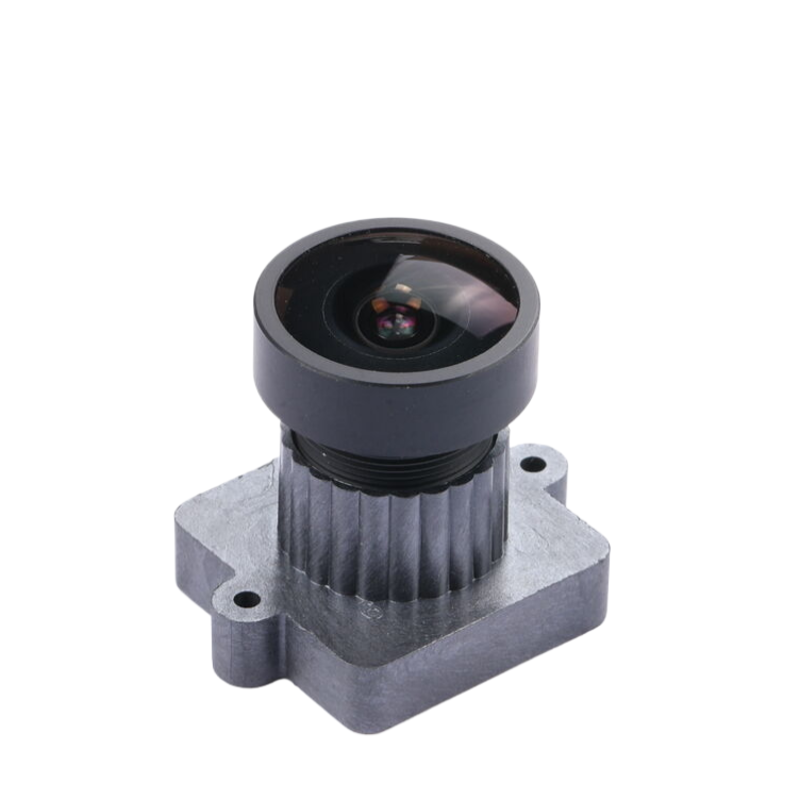Company News
Exploring the Potential and Challenges of Thermal Imaging Lenses in the Medical Field
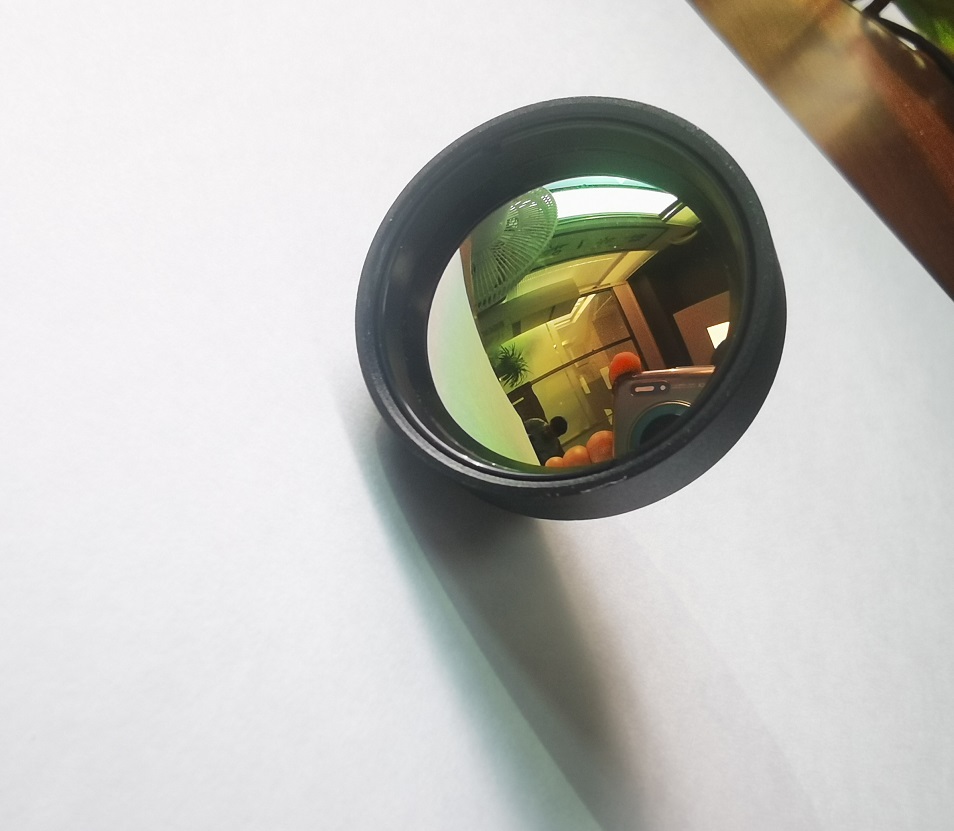
With advancements in technology, thermal imaging lenses have emerged as a valuable tool in the medical field. These lenses utilize infrared radiation to capture and detect temperature differences in the human body, providing essential diagnostic insights. This article delves into the potential and challenges associated with thermal imaging lenses in the healthcare industry.
1. Enhanced Diagnostic Capabilities
Thermal imaging lenses offer a unique advantage by providing non-invasive and real-time visualization of the body's thermal patterns. They enable healthcare professionals to detect early-stage abnormalities, monitor disease progression, and assess treatment effectiveness. For instance, in cancer diagnosis, thermal imaging lenses can help identify abnormal hotspots or cold areas in the affected organs, aiding in the early detection and treatment planning.
2. Non-Invasive Examination
Unlike traditional medical imaging techniques such as X-rays or CT scans, thermal imaging lenses offer a non-invasive and painless examination process. Patients no longer need to undergo uncomfortable procedures, reducing stress and anxiety. Furthermore, these lenses are safe and pose minimal health risks, making them suitable for repetitive examinations in various medical conditions.
3. Potential Limitations
While thermal imaging lenses show great promise, they also face certain challenges in the medical field. Firstly, accuracy and standardization present a significant issue. Factors like ambient temperature, patient movement, and different camera models can affect the results, leading to potential misinterpretations. Standardization protocols and further research are needed to ensure consistent and reliable outcomes across different healthcare settings.
Secondly, the cost of thermal imaging lenses and cameras can deter their widespread adoption in the healthcare industry. These lenses require specialized equipment, which can be expensive for healthcare facilities with limited budgets. Collaborations between manufacturers and healthcare institutions could help reduce costs and make thermal imaging more accessible.
Lastly, ethical considerations also come into play. Thermal imaging lenses capture the body's thermal signatures, which can be considered personal and sensitive information. Proper data protection guidelines and informed consent processes need to be implemented to ensure patient privacy and compliance with regulatory standards.
Conclusion
Thermal imaging lenses hold immense potential in improving diagnostics and enhancing patient care in the medical field. The non-invasive nature of these lenses and their ability to capture real-time thermal data make them an invaluable tool. However, challenges such as accuracy, cost, and ethical concerns need to be addressed for their widespread adoption. As technology continues to advance, it is crucial to explore and harness the full potential of thermal imaging lenses for the betterment of healthcare.
 English
English  German
German Japanese
Japanese Korean
Korean Vietnamese
Vietnamese French
French Spanish
Spanish भारत
भारत
